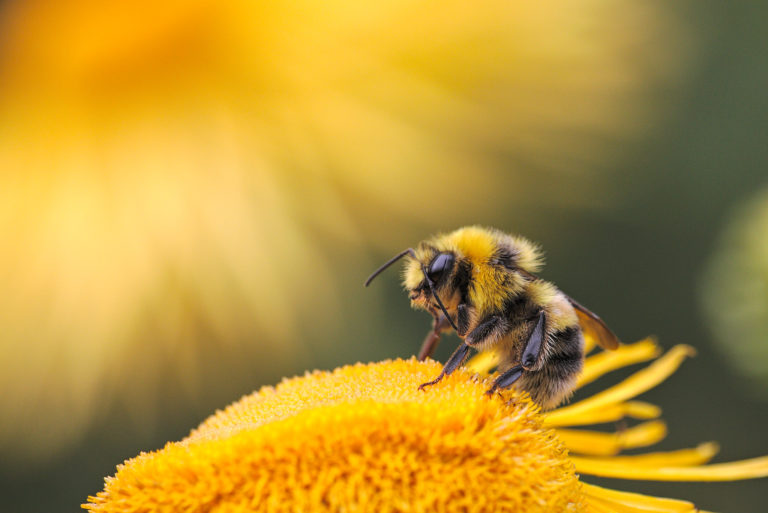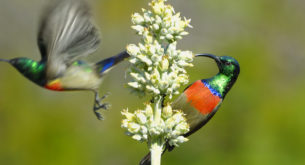The United States is facing an unprecedented crisis with a loss in insects and essential pollinators. Thankfully, certain endangered species of bumblebees can now be protected under state law, even if it means reclassifying them as ‘fish’.

Picture: Flickr Commons/ Dmitry Grigoriev
The reasoning for this reclassification comes down to the rather arbitrary nature of California’s endangered species state law, which grants protections to any ‘bird, mammal, fish, amphibian or reptile’ – but not insects.
‘Invertebrates’ were included under the definition of fish, which allowed the law to be updated in 1984 to protect the Trinity bristle snail, which lives on land. Environmental groups then asked the state’s Fish and Game Commission to classify four bumblebees as endangered in 2018, which would prevent any actions that would kill the bees, or destroy their habitat.
The four bumblebees to be reclassified are the Crotch, Franklin, Cuckley cuckoo and the western bumblebee, which are listed as highly endangered. More than 28% of North American bumblebees are at risk of extinction, according to the Xerces Society for invertebrate conservation. Some predictions paint a dystopian future where the great-grandchildren of today’s generation will be amazed by the tales of seeing or hearing a bumblebee.
This decision was overturned in 2020 after agricultural organisations filed a lawsuit arguing that the reclassification was unlawful and potentially harmful to farmers. A County superior court judge ruled that the law’s protections only apply to those invertebrates connected to marine habitat, and not bumblebees.
But a court appeal on 31 May 2022 ruled that the law was intended to be interpreted broadly and should be read to ‘cover all imperilled invertebrate recipes, including bees’. This means that bumblebees will regain their protection, while the Fish and Game Commission considers their status.
This is a major win for the protection of a critically endangered species, which could set a precedent, allowing the reclassification to be extended to other species such as the monarch butterfly, whose population has declined by 95% since 1980.
ALSO READ
Researchers complete first ever photo database of the Amazon rainforest

















